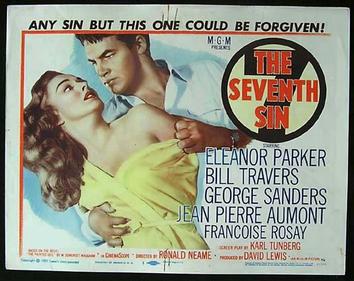
An Englishman born in Paris, educated in Germany, this trained doctor and sometime spy was a prolific author of plays, novels and short stories, many of which have been memorably adapted to the screen, some, like Of Human Bondage, Rain (Sadie Thompson) and The Letter, multiple times in different eras. Maugham may float in and out of fashion but his writing is acute, insightful and rewarding. A fascinating man of the world with a complex private life, he is memorably evoked in the late Philip Kerr’s 2016 Bernie Gunther novel, The Other Side of Silence, much of which takes place at Maugham’s Riviera home, Villa Mauresque. Happy reading.

























































